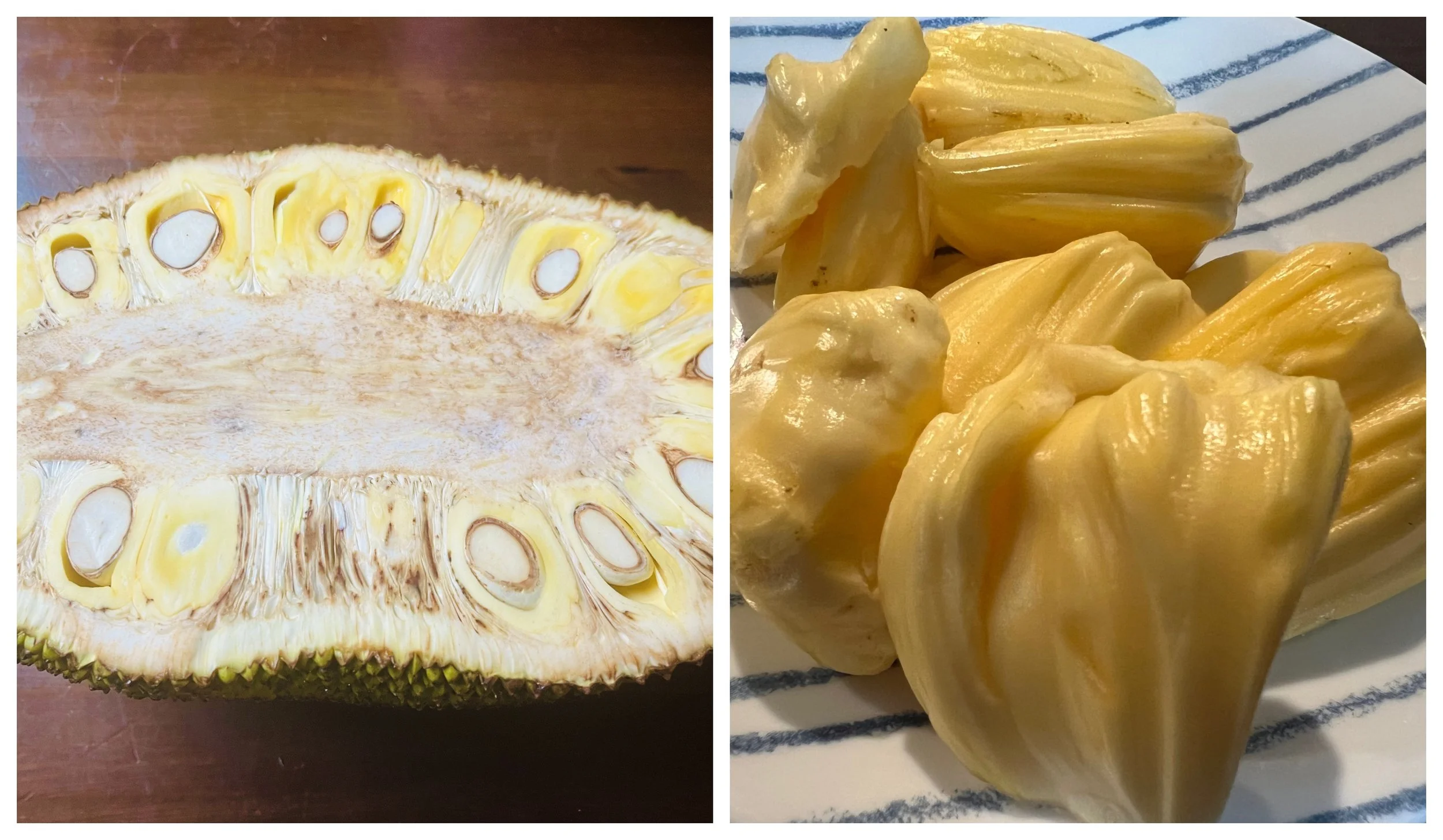Dragon fruit—Hylocereus genus

The pitaya fruit, or dragon fruit, is popular in Asian countries and is now gaining popularity worldwide. The fruit, with its characteristic appearance of red and yellow skin and internal flesh colored red and white with black seeds, respectively, is packed with vital nutrients that help our nutrition and overall health. The fruit can be viewed as a functional food, and in this section, we will discuss the health benefits.
Chemical composition and varieties:
The dragon fruit is composed of a wide array of polyphenolic compounds like flavonols, flavonoids, tannins, and betacyanins. These agents are responsible for the antioxidant effects of this fruit. The fruit also contains non-betalainic phenolic agents like gallic acid and acetylcoumarins that also contribute to antioxidant properties. The fruit is also rich in vitamins C and B and contains minerals like iron, phosphorus, calcium, magnesium, some protein, and fiber. The different varieties include the following: Hylocereus undatus, Hylocereus megalanthus, and Hylocereus polyrhizus.
Health Benefits:
Anticancer effects: When evaluating the cytotoxic effects of dragon fruit extracts against human cancer lines, particularly colon and prostate cell cancer lines, they were observed to have cytotoxic effects; however, this was selective to cancer cells as opposed to normal cells, further highlighting their safety. Indicating promise for future use in cancer chemoprevention.
Antioxidant effects: The dragon fruit, with its rich collection of polyphenolic compounds, has potent antioxidant properties that help protect the body against chronic inflammation and free radical-mediated oxidant injury.
Analgesic and anxiolytic effects: Dragon fruit also has analgesic and anxiolytic effects in experimental models. The anxiolytic model was observed in animal models of zebrafish.
Blood pressure regulatory effects: Lab studies have shown that extracts from the pulp of the fruit were helpful in preventing arterial stiffness, improving pulse wave velocities, and blood pressure regulation.
Liver protective effects: Extracts from this fruit also seem to help combat fatty liver, improve the enzymatic effects of the liver, and help protect against liver disease.
Other effects: The fruit also shows promise in combating obesity, hyperlipidemia, and improving blood sugar control, all in conjunction with a healthy diet.
As stated above, dragon fruit is a functional food and can be considered something that can be added to your diet; however, some individuals may have an allergic reaction to it. Therefore, always check in with your health care professional before embarking on changes in your diet. As always, I wish that you keep your health and nutrition in center focus and live long and strong!




























